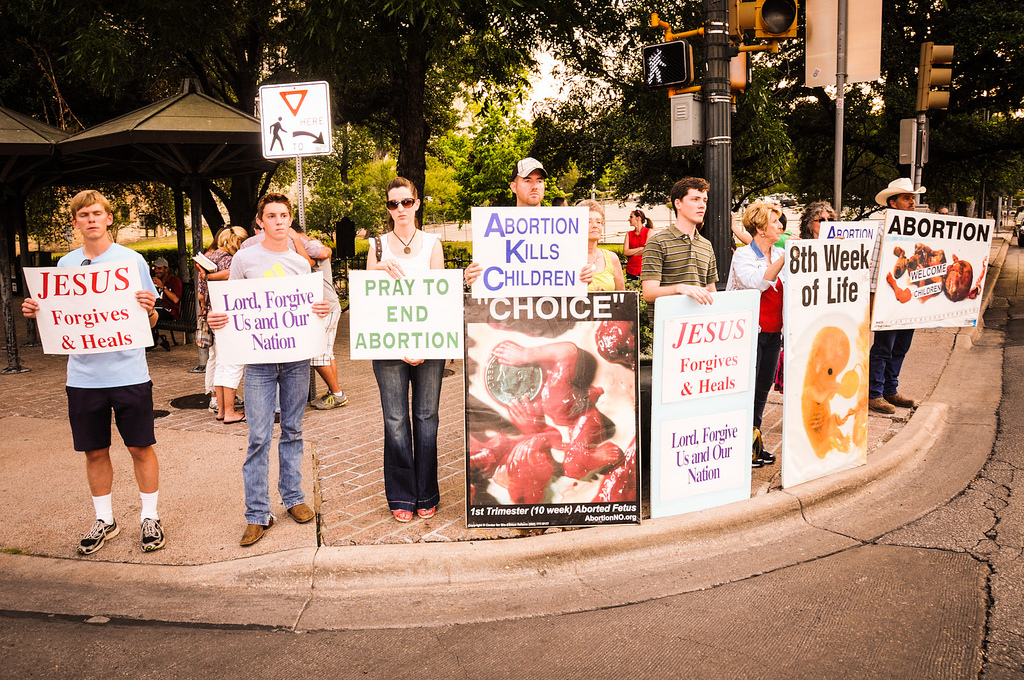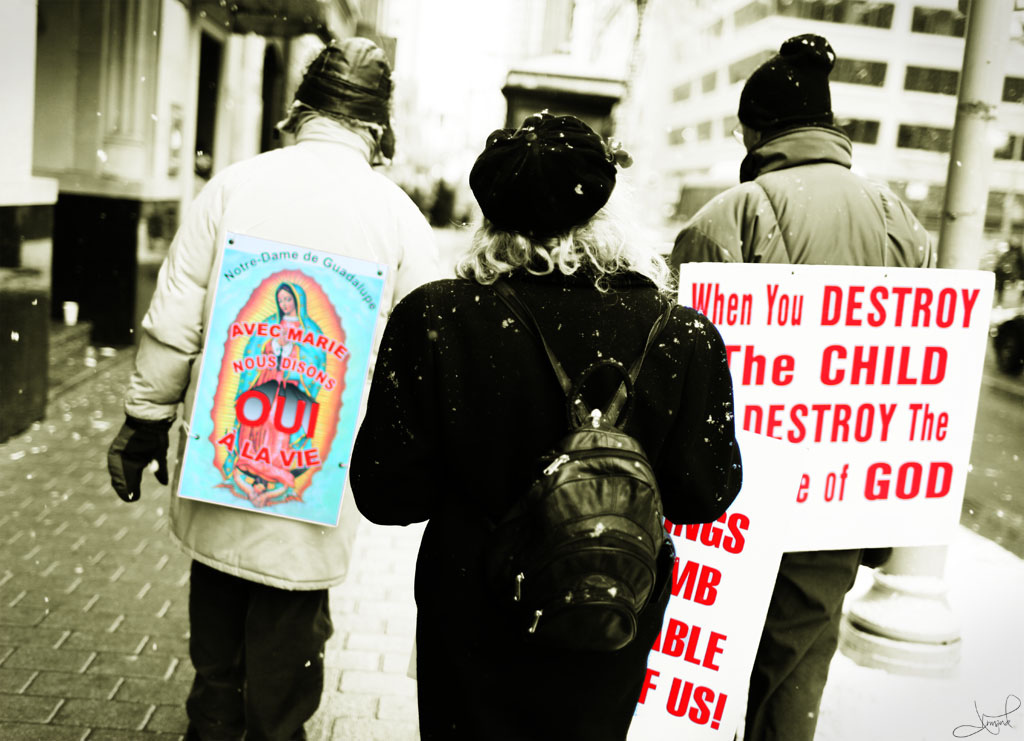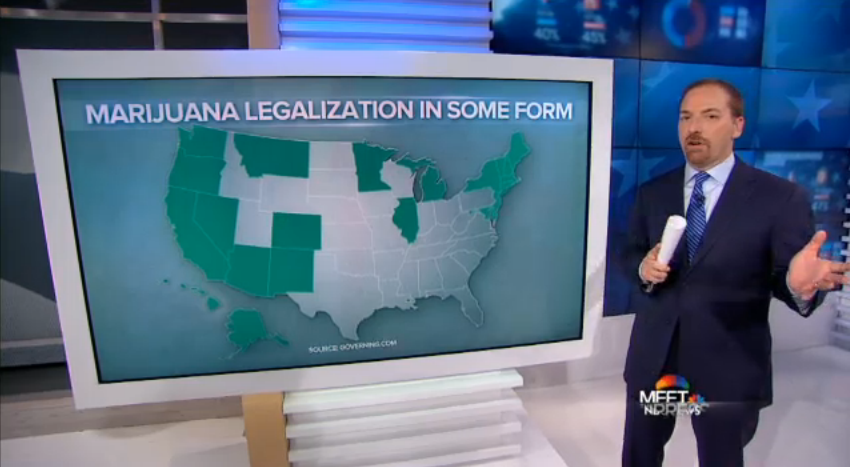
In a really interesting piece last week, Slate’s Jamelle Bouie wrote about the evangelical community’s evolution (some might say regression) on the abortion issue. Like most folks these days, I’ve always just accepted as reality the relationship between the anti-abortion movement and American evangelicals. And, today, it is our reality. For as long as I can remember it has been near impossible to separate the two worlds. There are a few small “secular pro-life” groups doing some kind of work out there, but in general abortion is a moral issue, meaning that it is a religious issue to those of faith. Three quarters of white evangelical Protestants believe that abortion is morally wrong, and those are the same voters who threw eight out of ten votes at Mitt Romney in 2012. Abortion is a religious issue–specifically a white Protestant issue–therefore it is a Republican issue. The GOP has a strict anti-abortion stance written into their platform for all to see.
The odd thing is that this hasn’t always been the case. Before the 1980s, when Jerry Falwell’s “Moral Majority” movement registered millions of voters, got Reagan elected, and established the religious right as a true political force, Protestants were–as a bloc–decidedly undecided on the issue of abortion. Bouie points to an official only-in-case-of stance taken in 1971 by the Southern Baptist Convention as well as similar positions taken in contemporary and mainstream Christian publications. More intriguingly, though, he writes about A Protestant Affirmation on the Control of Human Reproduction, “the [1968] written consensus of twenty-five evangelical scholars who participated in an interdenominational consultation known as ‘A Protestant Symposium on the Control of Human Reproduction.'”
With sincerity and compassion severely lacking in today’s mainstream evangelical discourse, the writers of the document state, “As to whether or not the performance of an induced abortion is always sinful we are not agreed, but about the necessity and permissibility for it under certain circumstances we are in accord.” These circumstances not only included the usual rape, incest, and life-of-mother exceptions that we are used to, but also this: “When continuation of the pregnancy may threaten the life of the woman or seriously impair her health. In determining whether or not there is such risk to health, account may be taken of the patient’s total environment, actual or reasonably foreseeable.”
That’s a quite liberal posture by today’s standards!

Even more interesting in my opinion was the Symposium’s stance on contraception. To the influential evangelicals participating in that event, this was not a controversial issue. They saw sex as something to be enjoyed in a marriage relationship, and pregnancy as something that could morally be avoided for the right reasons: “Procreation, however, is not the sole purpose of the sexual relationship even as coitus is not the sole component of the marriage relationship. God intended sexual intercourse to be continued and to be enjoyed even if procreation is impossible. Therefore procreation need not be the immediate intent of husband and wife in the sex act…The prevention of conception is not in itself forbidden or sinful providing the reasons for it are in harmony with the total revelation of God for married life.” A far cry from 2012-GOP-presidential-runner-up-nominee and evangelical Christian Rick Santorum’s position that if you remove the risk of pregnancy from a sexual situation–even between husband and wife–you are “diminishing the act” of sex itself.
And while, in 2013, a company run by evangelicals is–on religious grounds–fighting to keep women on company-provided insurance plans from having their birth control covered, in 1968 this group of evangelical scholars was pushing the progressive idea that “The method of preventing pregnancy is not so much a religious as a scientific and medical question to be determined in consultation with one’s physician.”
Whoa.
So what does this mean? Is it possible that what we know right now as today’s fact–that American evangelicals are, as a rule, anti-abortion–could evolve into a generally accepted harder-line evangelical stance on contraception? That is Jamelle Bouie’s rather convincing thesis in his article:
“Ask most (white) evangelicals about the morality of abortion these days, and you’re certain to hear about its absolute immorality in most, if not all, circumstances. But this is a recent innovation in the history of evangelical belief, a product of political forces as well as new theological insight..If the Hobby Lobby fight over the contraception mandate is any indication, we’re seeing history repeat itself. There’s a good chance that, in 10 years, conservative evangelicals will hail their opposition to birth control as a ‘timeless biblical truth,’ the traditional view of ‘traditional’ Christians.”
A little slippery slope-ish? Sure. But taken with context and history, it is a persuasive and pretty damn scary argument.
-Albi Pierce




Leave a Reply